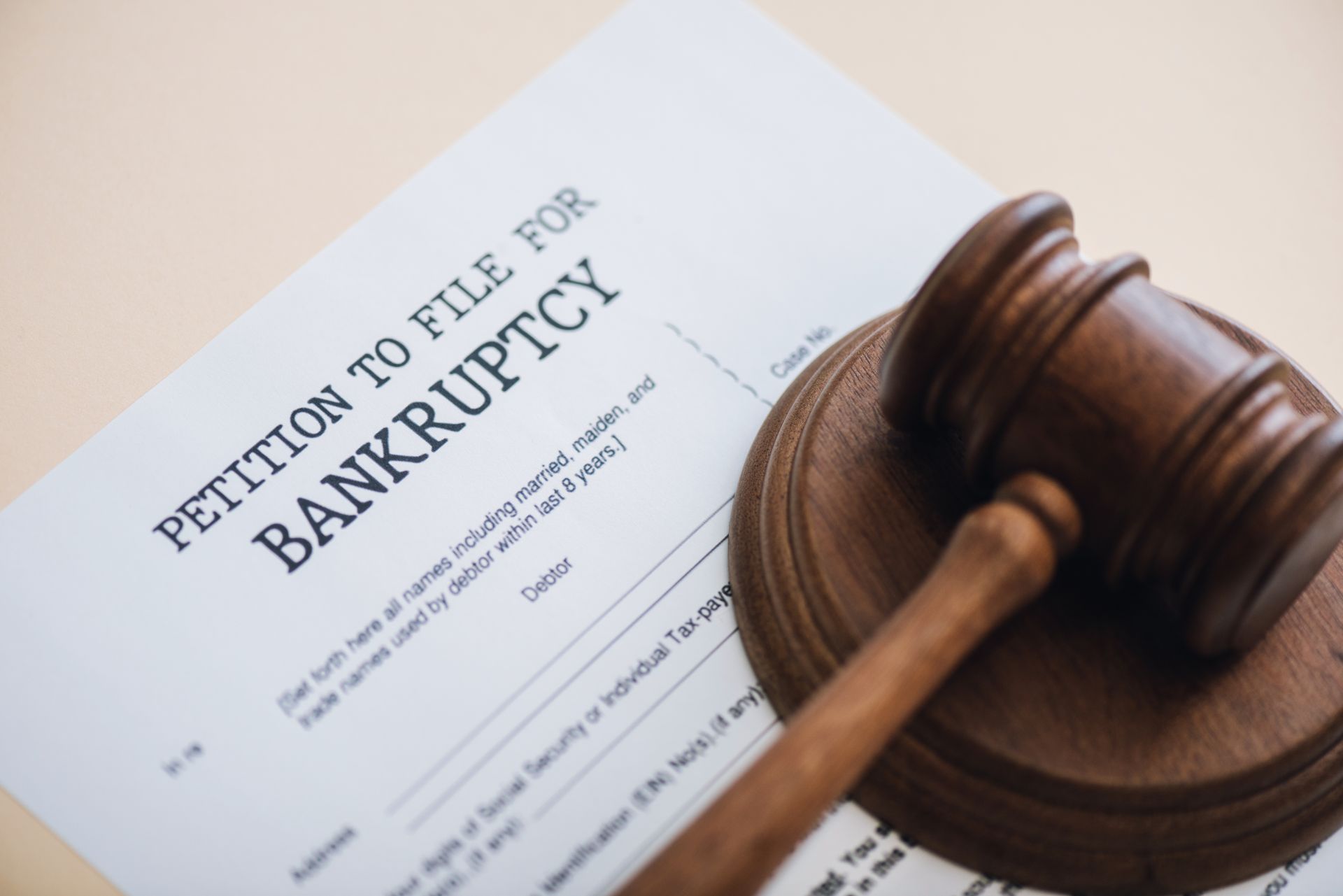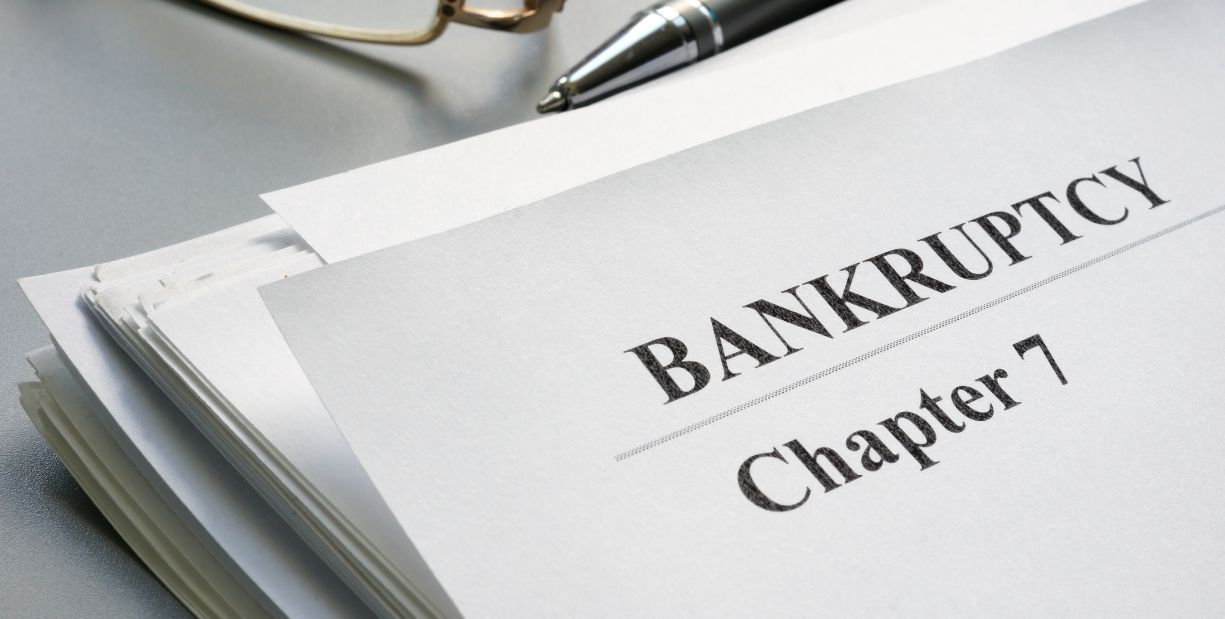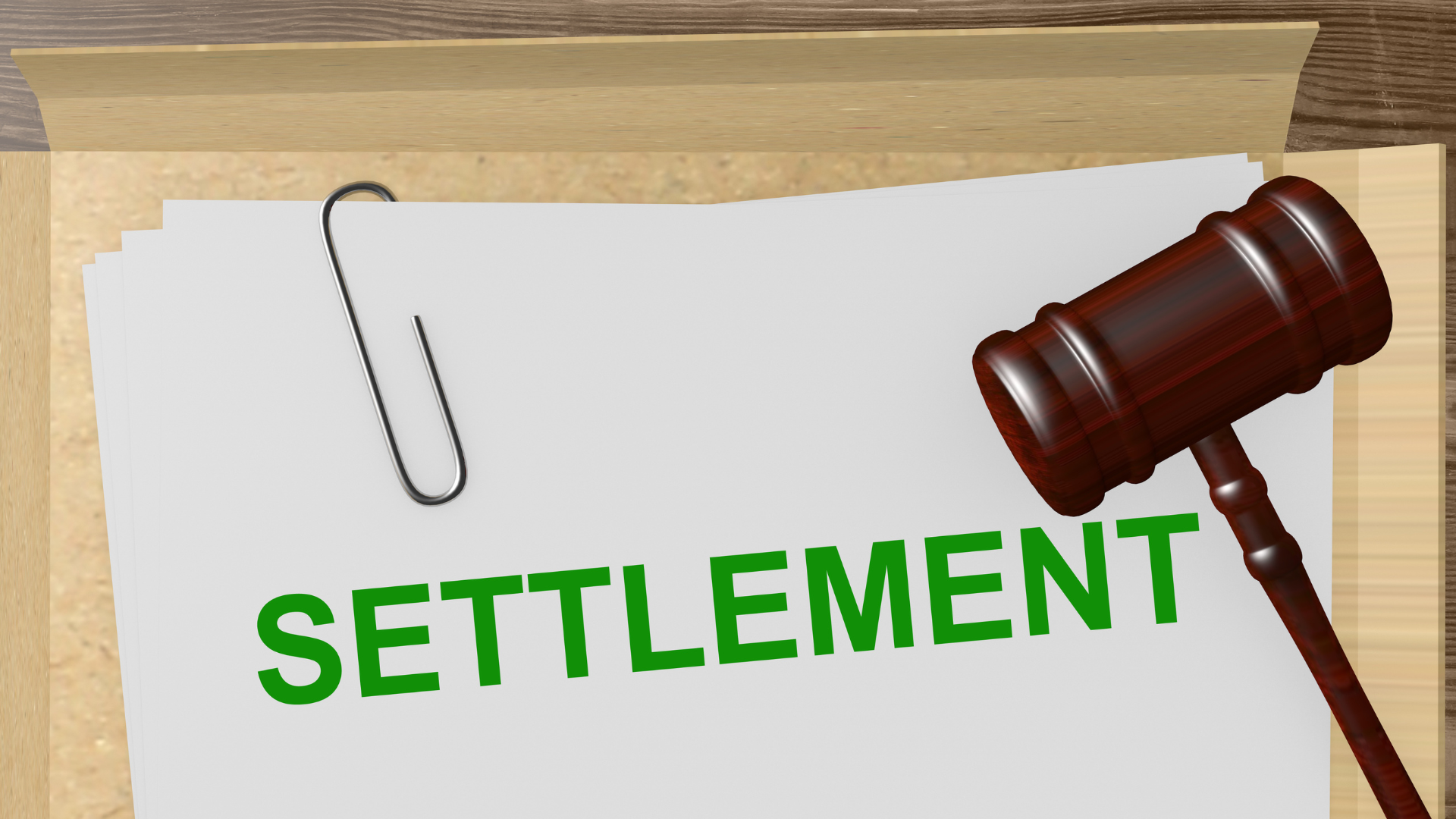What Does Chapter 7 Bankruptcy Do? A Complete Guide for New Yorkers
What Does Chapter 7 Bankruptcy Do?

Chapter 7 bankruptcy eliminates most unsecured debts, stops creditor collections through an automatic stay, and provides a financial fresh start. It may involve liquidating non-exempt assets to repay creditors.
If you’re overwhelmed by debt and searching for relief, you’ve probably come across Chapter 7 bankruptcy—but what exactly does it do?
At its core, Chapter 7 bankruptcy gives individuals a chance to wipe out unsecured debts and rebuild their financial lives. But there are critical details about how it works, what it protects, and how it affects your future.
At J. Singer Law Group, New York’s top bankruptcy law firm, we’ve helped countless clients use Chapter 7 to regain control of their finances. Here’s what you need to know.
What Is Chapter 7 Bankruptcy?
Chapter 7 bankruptcy, often called “liquidation bankruptcy”, is a legal process that allows individuals to discharge (eliminate) most unsecured debts. It’s designed for people who cannot afford to repay their creditors.
Unlike Chapter 13, which involves a repayment plan, Chapter 7 wipes out qualifying debts quickly, typically within 3 to 4 months.
What Does Chapter 7 Bankruptcy Actually Do?
1. Eliminates Unsecured Debts
The primary function of Chapter 7 is to discharge debts like:
- Credit cards
- Medical bills
- Personal loans
- Utility bills
- Payday loans
Once discharged, you are no longer legally obligated to pay these debts, and creditors can’t take action to collect them.
2. Stops Creditor Harassment and Collections
When you file, an automatic stay goes into effect immediately. This stops:
- Collection calls and letters
- Wage garnishments
- Lawsuits from creditors
- Foreclosure proceedings (temporarily)
The automatic stay gives you breathing room to work with your attorney and the court.
3. May Require Liquidation of Non-Exempt Assets
In Chapter 7, a bankruptcy trustee may sell non-exempt property to pay creditors. However, most filers in New York can protect all or most of their assets using state or federal exemptions for:
- Primary residence (homestead exemption)
- Vehicles up to a certain value
- Retirement accounts
- Household goods and personal property
At J. Singer Law Group, we help clients maximize exemptions to keep as much property as possible.
4. Provides a Fresh Start
Once your discharge is granted (usually within 60–90 days after the creditors’ meeting):
- Discharged debts are permanently wiped out
- Creditors can no longer sue you or garnish wages
- You can begin rebuilding your credit
Debts Not Discharged in Chapter 7
While Chapter 7 is powerful, it doesn’t eliminate all debts. You’ll still be responsible for:
- Student loans (except in rare hardship cases)
- Child support and alimony
- Recent tax debts
- Court fines or criminal restitution
- Debts from fraud or intentional wrongdoing
Chapter 7 Bankruptcy Timeline Overview
| Stage | Timeline |
|---|---|
| Filing Petition | Day 0 |
| Automatic Stay Begins | Immediately |
| 341 Meeting of Creditors | 3–6 weeks after filing |
| Trustee Review | 1–2 months |
| Discharge Granted | 3–4 months after filing |
| Case Closed | Shortly after discharge |
Who Qualifies for Chapter 7 Bankruptcy?
Eligibility depends on a means test, which compares your income to the median in New York. If your income is below the state median, you qualify automatically. If it’s higher, you may still qualify based on allowable expenses.
Benefits of Chapter 7 Bankruptcy
- Fast debt relief (typically 3–4 months)
- Stops all collections and lawsuits
- No repayment plan required
- Protects exempt property
- Allows you to rebuild credit faster
Risks and Considerations
- Potential loss of non-exempt assets
- Stays on your credit report for 10 years
- May not discharge all types of debt
- Requires accurate disclosure of all assets and debts
This is why working with an experienced attorney is critical—to ensure your case proceeds smoothly and your rights are fully protected.
How J. Singer Law Group Helps New Yorkers Reset Their Finances
At J. Singer Law Group, we understand how stressful debt can be—and how overwhelming the bankruptcy process might feel. As New York’s top bankruptcy law firm, we help clients:
- Determine if Chapter 7 is the best option
- Protect as much property as possible through exemptions
- Stop harassment and lawsuits immediately
- Avoid costly mistakes during filing
- Plan for life after bankruptcy, including credit rebuilding
Our team combines deep legal knowledge with a compassionate approach, ensuring you have the support and guidance you need every step of the way.
Ready to take control of your finances? Contact J. Singer Law Group today for a confidential consultation.
Frequently Asked Questions (FAQ)
1. What debts are wiped out in Chapter 7 bankruptcy?
Unsecured debts like credit cards, medical bills, and personal loans are discharged. Secured debts (like mortgages) and certain obligations (like child support) remain.
2. Will I lose my house or car in Chapter 7?
Not necessarily. Many filers in New York keep their home and vehicle by using state or federal exemptions.
3. How long does Chapter 7 bankruptcy take?
Most cases are completed in about 3–4 months from filing to discharge.
4. Can Chapter 7 stop foreclosure?
It temporarily halts foreclosure through the automatic stay, but you must catch up on payments or consider Chapter 13 for long-term protection.
5. Why hire J. Singer Law Group for Chapter 7?
We are New York’s leading bankruptcy firm, known for protecting client assets, stopping aggressive creditors, and helping clients achieve true financial recovery.
So, what does Chapter 7 bankruptcy do? It stops collections, wipes out qualifying debts, and gives you a chance to start over financially. But to get the full benefit, you need a skilled legal partner to guide you.
At J. Singer Law Group, we’ve helped hundreds of New Yorkers navigate bankruptcy with confidence. As New York’s top bankruptcy law firm, we’re ready to help you take the first step toward lasting debt relief.
📞 Call us today or request a
free consultation online. Your fresh start begins here.











